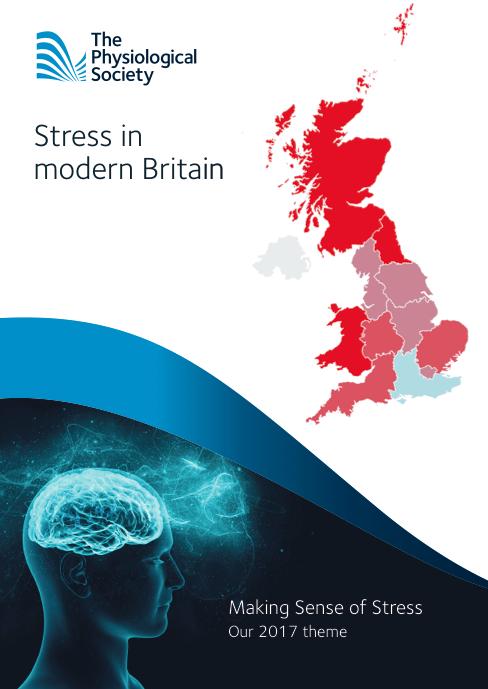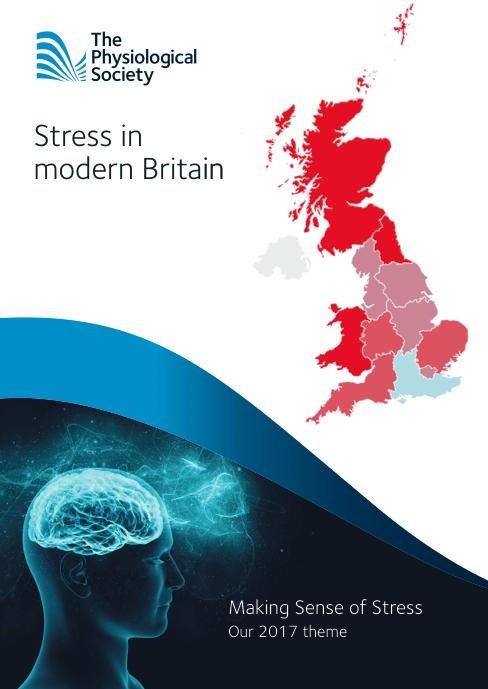
Credit: The Physiological Society
New research has highlighted the potential gender gap in stress, with women reporting higher stress from life events such as death of a loved one, illness, losing their smartphone and Brexit.
The study, based on YouGov research commissioned by The Physiological Society, asked over 2000 people to rate how stressful they found key life events — and for every event, women were more stressed than men. The biggest difference was in the stress caused by the threat of terrorism and the smallest for the arrival of the first child (1) (2).
The study builds on the famous stress work of Holmes and Rahe in 1967 to determine how different life events affect people (3).
Key findings from the study included:
Geographic variations: The most stressed area was Scotland, while the least stressed was the South East of England. The East of England was notably upset by delays in their commutes, while Londoners were most sanguine about going on holiday.
Age: The results for some events point towards stress levels increasing with age, most strongly for long-term problems such as illness or imprisonment. Exceptions to this trend were the loss of a smartphone, which fits with the added difficulties this would cause to highly-connected younger generations, and the arrival of a first child. This was rated highest by those 25-34, who are likely to be the group experiencing this most recently.
Brexit: Brexit had the greatest variety of responses given, with 18-24 age group most likely to be stressed by it. Those living in London and Scotland are also more stressed by Brexit than those than Wales and much of the rest of England. Most markedly, those respondents educated to higher degree level reported considerably greater stress from Brexit than people with only GCSEs or A-Levels.
The Physiological Society is using the study to raise awareness of the effect of stress on the body's function. During stress, the body prepares for action by releasing hormones into the blood stream, which affects the heart as well as digestive and immune systems. Frequent and prolonged stress can cause long term physiological problems in the body. With women more likely to report feeling stressed than men, this could have a very real impact on their health.
This is part of The Physiological Society's year long theme 'Making Sense of Stress', which includes public lectures and seminars (4).
Commenting on the study, Dr Lucy Donaldson, Chair of The Physiological Society's Policy Committee, said:
"The modern world brings with it stresses we would not have imagined 50 years ago, such as social media and smartphones.
"It was striking that for every single event in this study, from money problems to Brexit, women reported greater stress levels than men. This could have a real impact on women's health.
"While many people are aware of the effect of stress on mental wellbeing, it is also important to consider the impact on the body's systems. Your brain, nervous and hormonal systems react to stress and it affects your heart, immune system and gastrointestinal system. When stress is prolonged, these effects on the whole body can result in illnesses such as ulcers or increased risk of heart attack."
###
Read the full report here: http://www.physoc.org/sites/default/files/page/1736%208%20page%20report%20%283%29.pdf
Media Contact
Julia Turan
[email protected]
44-020-726-95727
@ThePhySoc





